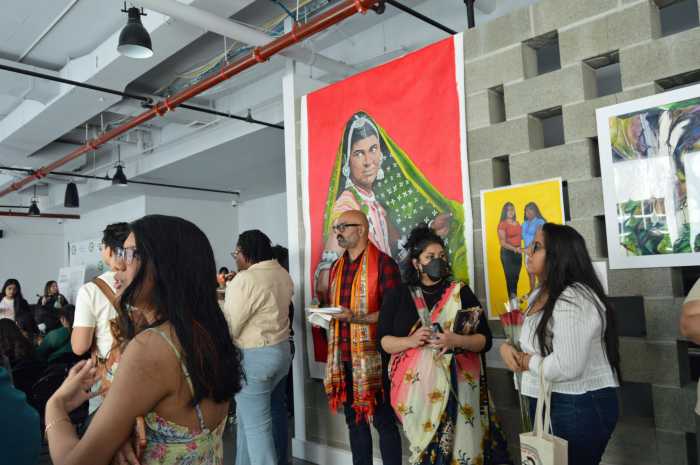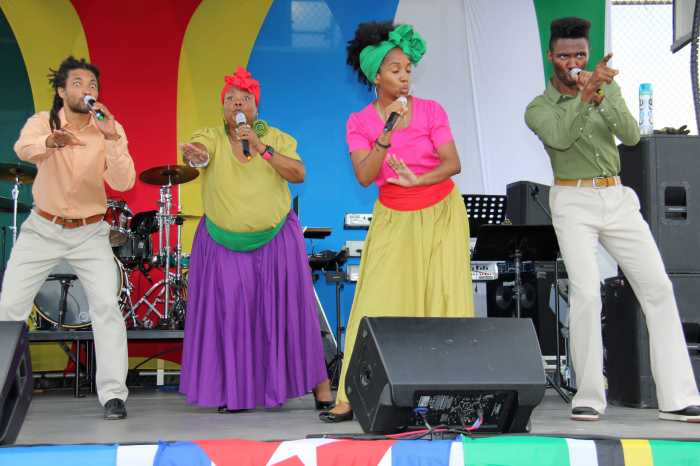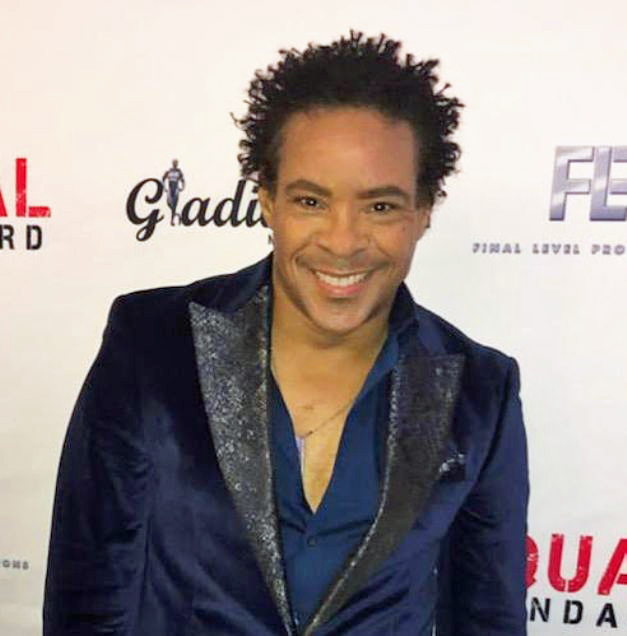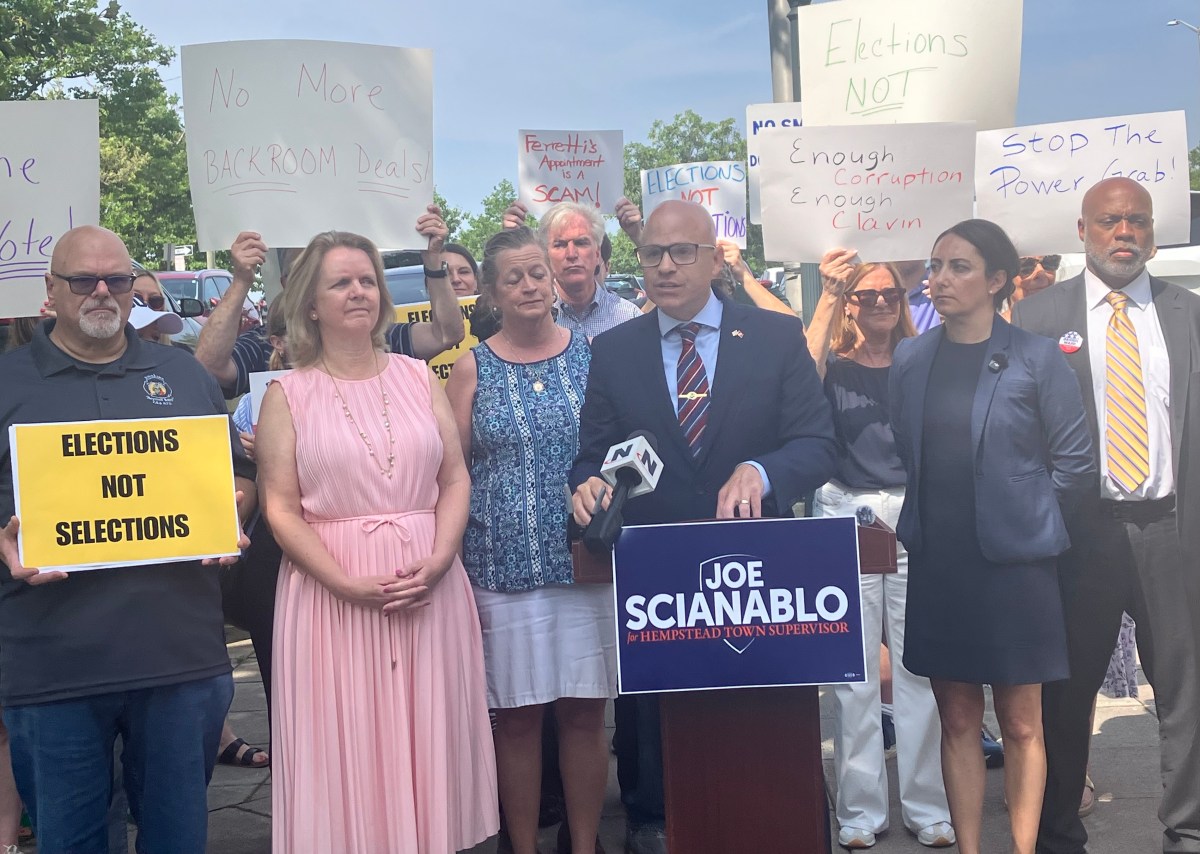Call it a J’ouv-over.
Flatbush business leaders held a street fair on Hillel place at the Flatbush Junction to showcase the best of Caribbean culture on Sept. 15 — a response to recent calls to end the violence-marred J’Ouvert celebration, where four people were shot this year despite increased police presence at the pre-dawn Labor Day party. Organizers created Thursday’s fair, called “After the Fete,” to focus on the positive, one said.
“With all the negative noise coming out of Carnival — especially J’Ouvert — we just thought it was important to identify the economic and cultural aspect of the Caribbean people away from that noise,” said Kenneth Mbonu, director of Flatbush Junction Business Improvement District. “We wanted to give the community here a small dose of the impact of Carnival, and reflect the positivity of Caribbean experience and culture.”
Some festival-goers weren’t aware the party was a reaction to anti-J’Ouvert sentiments — but they were none-the-less happy to set the record straight on the controversial gathering that precedes the pre-West Indian American Day Carnival.
“I’m really glad they did this, because J’Ouvert is a part of Caribbean culture, and to hear that some people want to take away is upsetting,” said Amelia Williams, who happened upon the seven-hour party and liked it so much she stayed all day.
The festival featured Caribbean food, steel pan music, and dancing, as well as some New York street-fair staples such as face-painting booths. But the traditional tunes really rose above the rest, another attendee said.
“What really stuck in my mind at end was the steel pan band,” said Rose Cine, a representative for the humanitarian group Phoenix Rising for Haiti. “They were really powerful and played with so much energy. They brought people together, and it was nice that everyone of all ages were so into it.”
After the Fete was such a success that the business improvement district intends to make it an annual gathering, Mbonu said.
“We wanted to showcase the powerful impact of Caribbean culture — its intent is to make it every year,” he said.



















